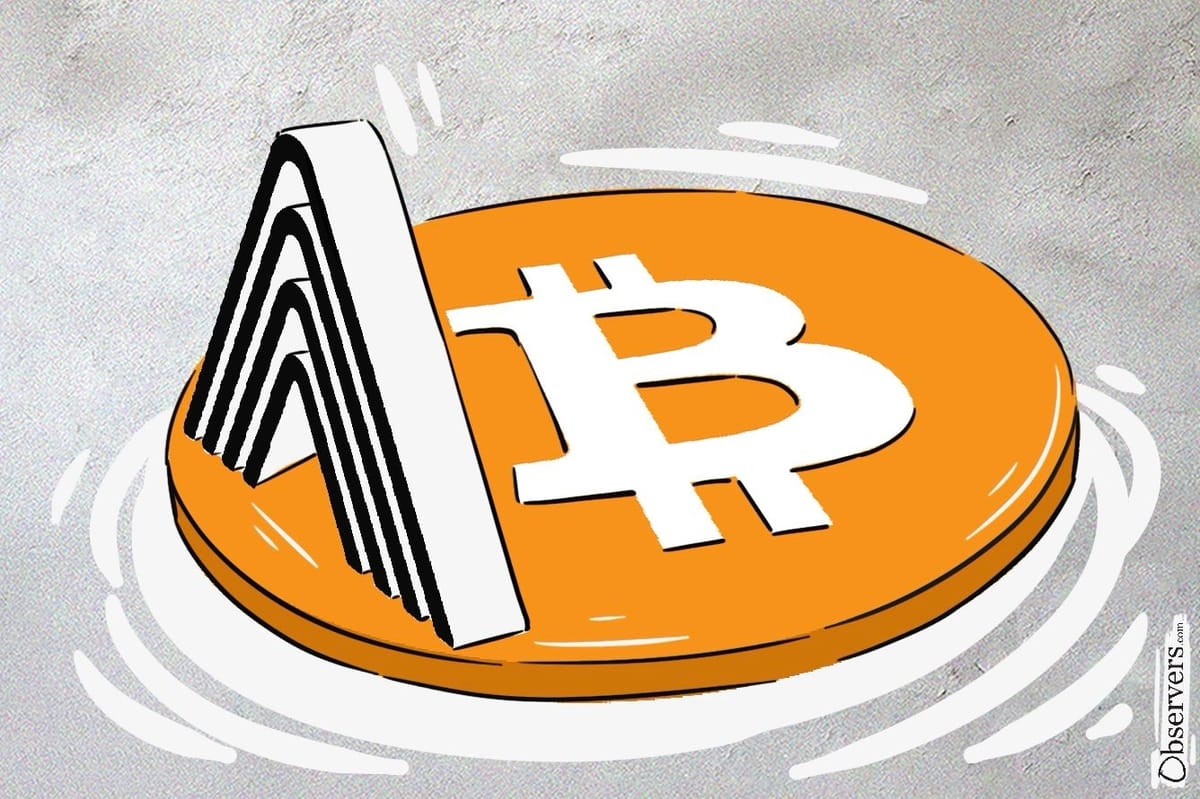
Arch Network has recently shared a whitepaper explaining its plan to introduce smart contract capabilities to the Bitcoin blockchain.
Traditionally, Bitcoin has had limited programmability, which many believe was a deliberate choice by its creator, Satoshi Nakamoto, to enhance security and avoid potential risks from more complex programming languages.
Initially, this restricted programmability was seen as a beneficial safeguard. But as the world of blockchain technology has grown, with sophisticated smart contract platforms like Ethereum and Solana emerging, Bitcoin’s basic setup now seems a bit limiting.
To solve the issue, Arch Network is now trying to create a workaround to let Bitcoin users and developers build dApps on top of the most popular blockchain. Since its team cannot make direct changes to the Bitcoin blockchain, they plan to establish their own network alongside Bitcoin. This new network will periodically record its state on the Bitcoin blockchain. In some respects, this strategy mirrors the relationship between Ethereum and its Layer 2 networks, which process transactions off-chain and periodically publish them to the main chain.
Arch Network is not the first Bitcoin Layer 2 solution in the space. However, what distinguishes it from other Bitcoin Layer 2 solutions, either in development or already in use, is its ability to eliminate the need for users to transfer their Bitcoins to a different layer. Instead, users can interact with dApps by directly sending transactions from their Bitcoin wallets to Arch nodes, which creates a much better user experience.
When it comes to transactions on the Arch Network, users might sometimes need to pay Bitcoin transaction fees, and they will always pay Arch gas fees. These fees can be paid using either Bitcoin or Arch’s own token. Payments in Bitcoin will automatically be converted to the Arch token via a built-in exchange mechanism.
The Arch token is also central to the network’s security framework, which relies on a delegated Proof-of-Stake (PoS) consensus mechanism. The gas fees collected in the Arch tokens will be distributed to validators and stakers, rewarding them for their role in securing the network.
The end goal of Arch Network is to expand Bitcoin’s functionality by introducing familiar decentralized finance features, like decentralized exchanges, liquidity pools, and new token standards.
The Arch Network has plenty of resources to support this goal. Its team announced a successful $7 million fundraising round in May, with contributions from major players like Multicoin Capital and OKX Ventures.
Now, the project is launching an incentivized testnet, aiming to attract early developers and potential users to its new network.

